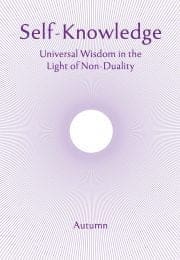The Ascent of the Mind
Notes of a lecture given by Hari Prasad Shastri
Our aim is the ascension of the mind from its present state of alternation between turpitude, passion-struggle and equilibrium, into the higher state of illumination. The word ascension has no spatial connotation; it just means lifting the mind from one state to another. It is a great secret. One who knows how to change thoughts, without getting excited, from one state to another, knows the secret of living and happiness.
If our mind is left to itself, then according to the psychological law of association, very often it presents pictures in the imagination. Habit plays an important part in our mind, as in our bodily life. Habit formation is one of the most important parts of our nature. One who knows how to form good and useful habits is wise and practises the highest form of yoga.
Such a person rides the mind as a rider rides a horse. The horse is under control, and may be led to the desirable channels and restrained from the useless ones that deplete our energy.
This life-energy is called Prana. It expresses itself through muscles, senses and through the mind. If we make an indiscriminate and inordinate use of it physically or mentally, we are sure to suffer from exhaustion or depletion. When there is depletion of the mental energy we become neurotic. We live in a world of imagination, lose the balance of our mind, and suffer from a hundred allied complaints.
Therefore let us economise the mental energy. Every now and then replenish it, and be much more economical and judicious in the use of the mental energy than with money. Sometimes we lavish our precious human affection on our pets; kindness and care is necessary, but we should not forget that it is our fellow humans who can actually be improved by such affection; otherwise we risk wasting our energy by depletion. Love is a most precious element in our being, and the object that deserves it more than anything else, is Truth.
Subscribe or enrol for free guest access to read all of this article and Self-Knowledge online.
Already subscribed or enrolled? Log in:


